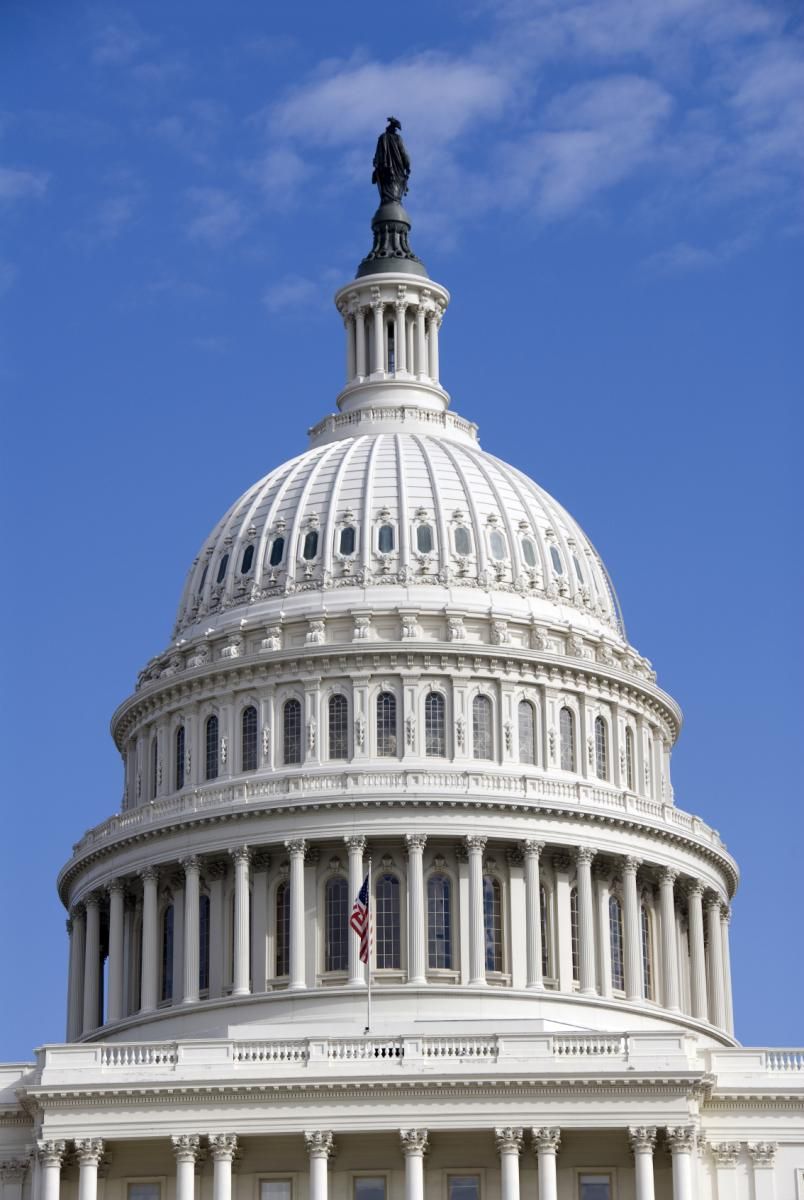GMO-Labeling Bill Passes Senate, Heads to House
The controversial bill, which would allow food companies to direct consumers online for GMO disclosures, passed in the Senate last night by a 63–30 margin.
Photo © iStockphoto.com/DHuss

Less than a week after the first state-led GMO-labeling law went into effect, the U.S. Senate passed a mandatory GMO-labeling bill late last night by a 60–33 margin. The bill (S. 764), which would create a nationwide standard to preempt and overrule state-led efforts, would allow food companies to direct consumers online for GMO disclaimers through on-pack symbols or codes.
The legislation has attracted plenty of controversy in the weeks since Senators Debbie Stabenow (D-MI) and Pat Roberts (R-KS), ranking member and chairman of the Agriculture Committee, respectively, announced details of the bill. While many industry groups, including the Grocery Manufacturers Association (GMA) and the American Soybean Association, have welcomed the flexible and relatively non-invasive labeling options, anti-GMO consumer groups say it will prevent transparency on food labels.
Under the legislation, food manufacturers would be mandated to disclose genetically modified ingredients through one of three labeling options: on-package text, an on-package symbol, or an on-package digital code that directs users online for more information. If companies choose the online option, there would be no requirement to use the term “GMO” anywhere on the food label. Instead, a QR code would simply be accompanied by text that reads, “Scan here for more information.”
It’s this online option that has been especially concerning for many anti-GMO activists, who say sending consumers online to find GMO disclosures would be prohibitively cumbersome. Leading industry groups, on the other hand, have hailed it as a compromise that avoids stigmatizing the genetic engineering of foods.
The legislation now heads to the House of Representatives, which has favored a voluntary approach to GMO-labeling laws in the past.
On July 1, Vermont became the first state to have its own mandatory GMO-labeling law go into effect. Enforcement of the Vermont law will not begin until next year, but supporters of the Senate bill are urging the House to vote on the bill as soon as possible-even as early as next week-to ensure food companies do not have to adhere to Vermont's stricter labeling law.
Here are some more key points of the bill.
Read more:
CRN Taps UL to Develop Supplement Products Registry
What Does FDA’s KIND Decision Mean for the Future of “Healthy”?
Puerto Rico Bill to Raise Taxes on Dietary Supplements Defeated
Michael Crane
Associate Editor
Nutritional Outlook Magazine
michael.crane@ubm.com
Prinova acquires Aplinova to further increase its footprint in Latin America
April 7th 2025Prinova has recently announced the acquisition of Brazilian ingredients distributor Aplinova, which is a provider of specialty ingredients for a range of market segments that include food, beverage, supplements, and personal care.










